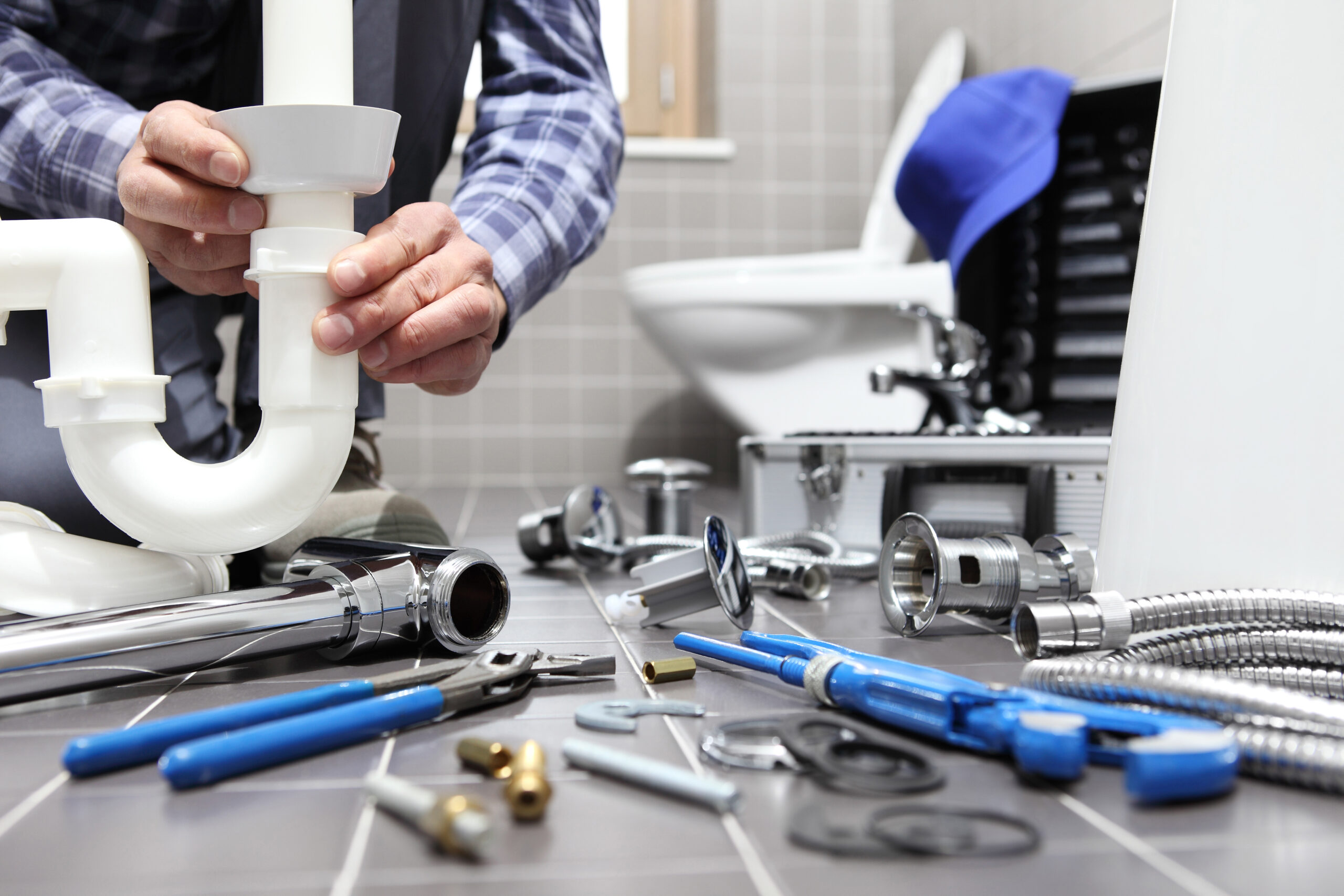 (412) 364-9114
(412) 364-9114

It’s a question as old as time and one that has been answered more times than most people can count. What’s the lifespan of my home’s plumbing? No one wants to think about potentially having to spend big bucks on renovations, but it’s probably best to know what you’re up against before problems start creeping in.
It’s not just about leaks; it’s about the gradual deterioration process and the parts that may have to be replaced over time. This is a quality-of-life issue that many people don’t even consider until they are forced to do so by a disaster. Caring for your home’s plumbing can keep yours running past the average life span. Here’s an idea of how long your home’s plumbing should last.
Knowing the type of plumbing in your space makes a huge difference in knowing how long you can expect it to work without compromise. Your home’s warranty or inspection report will give you an idea about the type(s) of plumbing system that was installed.
Further, you can hire professionals (like ours) for a complete inspection of the plumbing system to get the status of its viability. On average, pipes made of iron, brass, or steel can have a lifespan of 50-70 years, whereas copper can last for 70-80 or more years. On the other hand, PVC piping has a comparatively shorter lifespan of fewer than 50 years depending on the use case.
Drain pipes are usually made of PVC or cast iron. The pipes made of cast iron are likely to be found in older buildings and can last for 75-100 years. The PVC lines are mostly found in relatively new structures. PVC pipes can last a lifetime if properly used for drainage systems and supply lines.
A malfunctioning toilet can be a major problem. Toilets can last for 50 years, but that doesn’t mean all its internal components will last just the same. The operation of the toilet seems fairly simple, but it does contain a dozen moving parts. The smaller components like the fill valve or handle for example will need some plumbing touch-ups or replacements.
When thinking about your home’s plumbing lifespan, you won’t need to consider replacing faucets for at least 8 to 10 years. Most models tend to become outdated before their reliability begins to waiver. For example, when you turn on older faucets, they tend to take more time to shut off or could constantly drip because they are less sophisticated than their newer counterparts. Older faucet models may also not have efficiency devices such as aerators or an overflow.
Older water heaters are prone to wear and tear because of their poor design and age. These models tend to leak so easily at all operating pressures, whether it is rusting or cracking. Replacing your water heater every 7 to 10 years is best practice, but pay attention to the manufacturer’s instructions and model type when you go for a replacement. The average lifespan of the most common water heater models are listed below.
One of the main components of your home’s plumbing system is the sump pump. This pump is designed to keep your house dry in case of events such as unexpected rains. The lifespan of this is around 10 years, and if you feel that your pump’s time is approaching, the best option would be to get it inspected by a professional.
Each house has a wide range of plumbing fixtures, with each serving a different purpose and being pivotal to the proper functioning of a household. It’s important to keep track of all these fixtures, pipes, and where they are in their current lifespan so that you can protect your home against unwanted plumbing accidents.
Has your plumbing been used beyond its limits? Get your system checked and inspected by a pro. Terry’s Plumbing is an expert at delivering top-notch plumbing services to residents in the Pittsburgh area. Our technicians will visit your house, check all your pipes, and let you know if you need to replace anything. They will also take care of leaks and repairs to extend the lifespan of your plumbing. Give us a call today or fill out our contact form to get started!